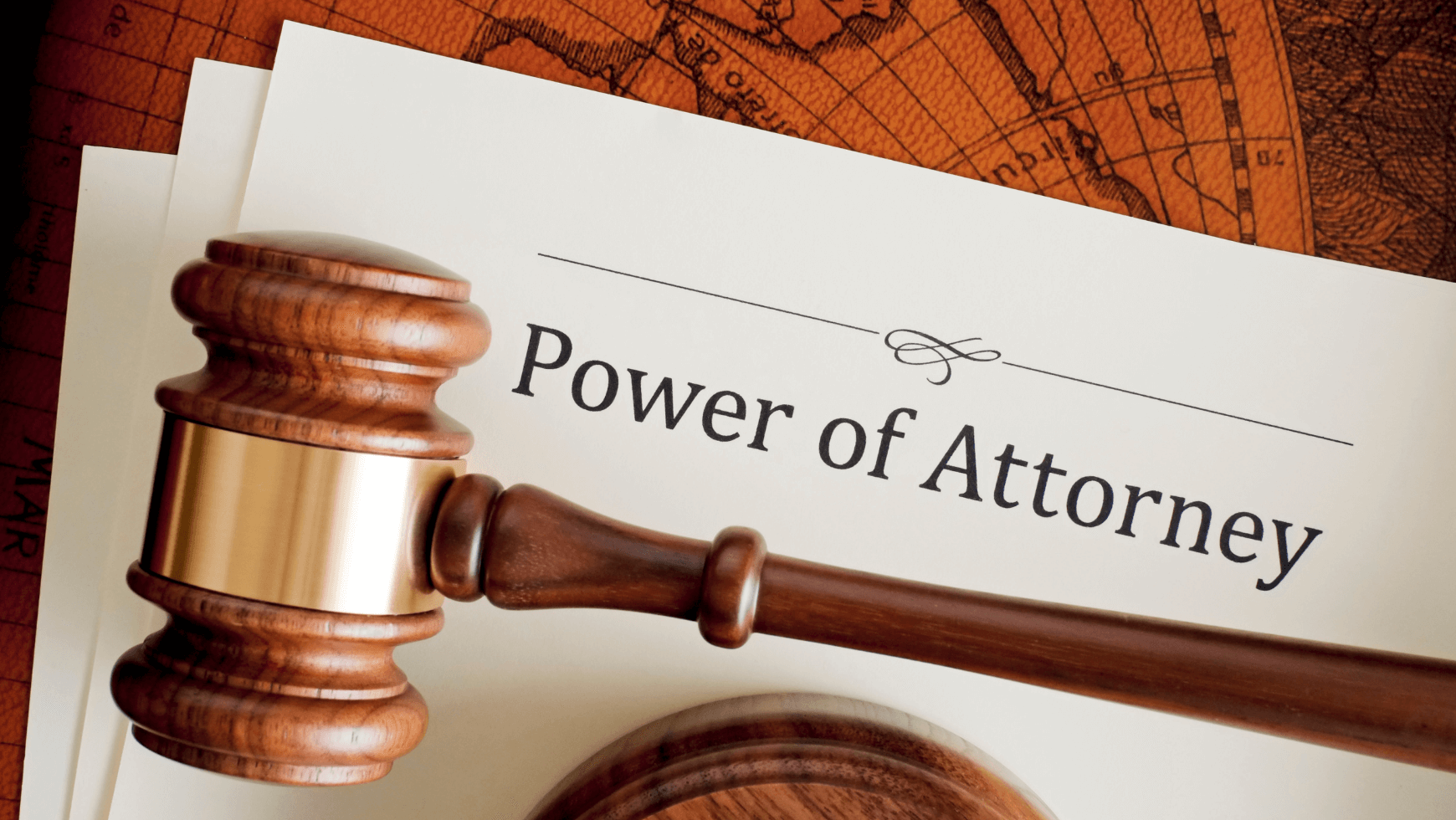Power of Attorney in Thailand

A Power of Attorney (POA) is a vital legal instrument in Thailand that allows one person to authorize another to act on their behalf in legal, financial, or personal matters. This document is widely used by individuals, businesses, and foreign nationals who are unable to manage affairs personally due to distance, time constraints, or other practical reasons. Understanding the importance of a Power of Attorney in Thailand is essential to ensure legal compliance, efficiency, and protection of rights.
Legal Basis of Power of Attorney in Thailand
In Thailand, Powers of Attorney are governed primarily by the Civil and Commercial Code (CCC). Under Thai law, a person (the “principal”) may appoint another person (the “agent” or “attorney-in-fact”) to perform specific acts or manage certain affairs on their behalf. The authority granted under a POA must be clearly defined, and the agent must act within the scope of that authority.
Thai law recognizes both general and specific Powers of Attorney, depending on the nature and extent of authority granted. The legal framework ensures that actions taken by the agent, when properly authorized, are legally binding on the principal.
Importance of Power of Attorney in Practical Matters
The Power of Attorney is especially important in situations where the principal cannot be physically present to carry out legal or administrative tasks. This may include overseas travel, residence abroad, illness, or business commitments. By appointing a trusted representative, individuals can ensure continuity in managing their affairs without unnecessary delays.
In Thailand, many legal and administrative processes require personal appearance. A valid POA allows the agent to complete these processes lawfully, saving time and reducing inconvenience for the principal.
Use in Property and Real Estate Transactions
One of the most common uses of a Power of Attorney in Thailand is in property and real estate transactions. Buyers and sellers often authorize agents or lawyers to sign sale agreements, register ownership transfers, or execute mortgage documents at the Land Department.
For foreign nationals, a POA is particularly valuable when purchasing or selling property from abroad. Properly drafted and executed POAs help ensure that transactions proceed smoothly and comply with Thai legal requirements.
Importance for Business and Corporate Affairs
In business and corporate contexts, Powers of Attorney are essential tools for delegating authority. Company directors or shareholders may issue POAs to authorize managers, lawyers, or representatives to sign contracts, attend meetings, or deal with government agencies.
This delegation enhances operational efficiency and allows businesses to function effectively without requiring constant personal involvement by senior executives. Clear POAs also help reduce disputes over authority and responsibility.
Facilitating Legal and Administrative Processes
Power of Attorney documents are widely used in dealings with government authorities, banks, and courts in Thailand. These may include tax filings, immigration matters, vehicle registration, court appearances, and banking transactions.
A valid POA enables agents to interact with authorities on behalf of the principal, ensuring compliance with legal procedures. This is especially important in time-sensitive matters where delays could lead to penalties or legal complications.
Protection of Rights and Interests
A properly drafted Power of Attorney helps protect the rights and interests of the principal. By clearly defining the scope, duration, and limitations of authority, the principal can control how decisions are made and prevent misuse of power.
Thai law imposes fiduciary duties on agents, requiring them to act honestly, in good faith, and in the best interests of the principal. If an agent exceeds their authority or acts negligently, the principal may have legal remedies.
Importance for Foreign Nationals and Expats
Foreign nationals living or doing business in Thailand frequently rely on Powers of Attorney to manage local affairs. Language barriers, unfamiliar legal procedures, and residency limitations make POAs a practical necessity for expats.
POAs are commonly used by foreigners for visa matters, company registration, property management, and court proceedings. When executed correctly, they help bridge the gap between foreign principals and Thai legal systems.
Formal Requirements and Execution
To be legally valid in Thailand, a Power of Attorney must comply with certain formal requirements. It must be in writing, clearly specify the powers granted, and be signed by the principal. In some cases, witnesses are required.
For specific transactions, such as land registration, the Land Department requires the use of an official POA form and may require notarization or certification. If a POA is executed overseas, it may need to be notarized and legalized before being accepted in Thailand.
Limitations and Risks of Power of Attorney
While Powers of Attorney offer significant benefits, they also carry potential risks if not properly managed. Granting broad authority to an untrustworthy agent can expose the principal to financial or legal harm.
To mitigate risks, principals should carefully select agents, limit the scope of authority, and specify expiration dates where appropriate. Regular review and revocation mechanisms are also important safeguards.
Revocation and Termination
Under Thai law, a Power of Attorney may be revoked by the principal at any time, unless otherwise agreed. It also terminates upon the death of the principal or agent, or when the authorized act has been completed.
Understanding revocation procedures is crucial to prevent unauthorized actions after the principal’s intentions have changed. Written notice of revocation should be provided to the agent and relevant third parties.
Conclusion
The Power of Attorney is a powerful and indispensable legal tool in Thailand, enabling individuals and businesses to manage affairs efficiently and lawfully. From property transactions and corporate matters to personal and administrative tasks, POAs provide flexibility, continuity, and legal protection. When properly drafted and executed, a Power of Attorney safeguards the principal’s interests while ensuring that important matters are handled smoothly and in compliance with Thai law.
